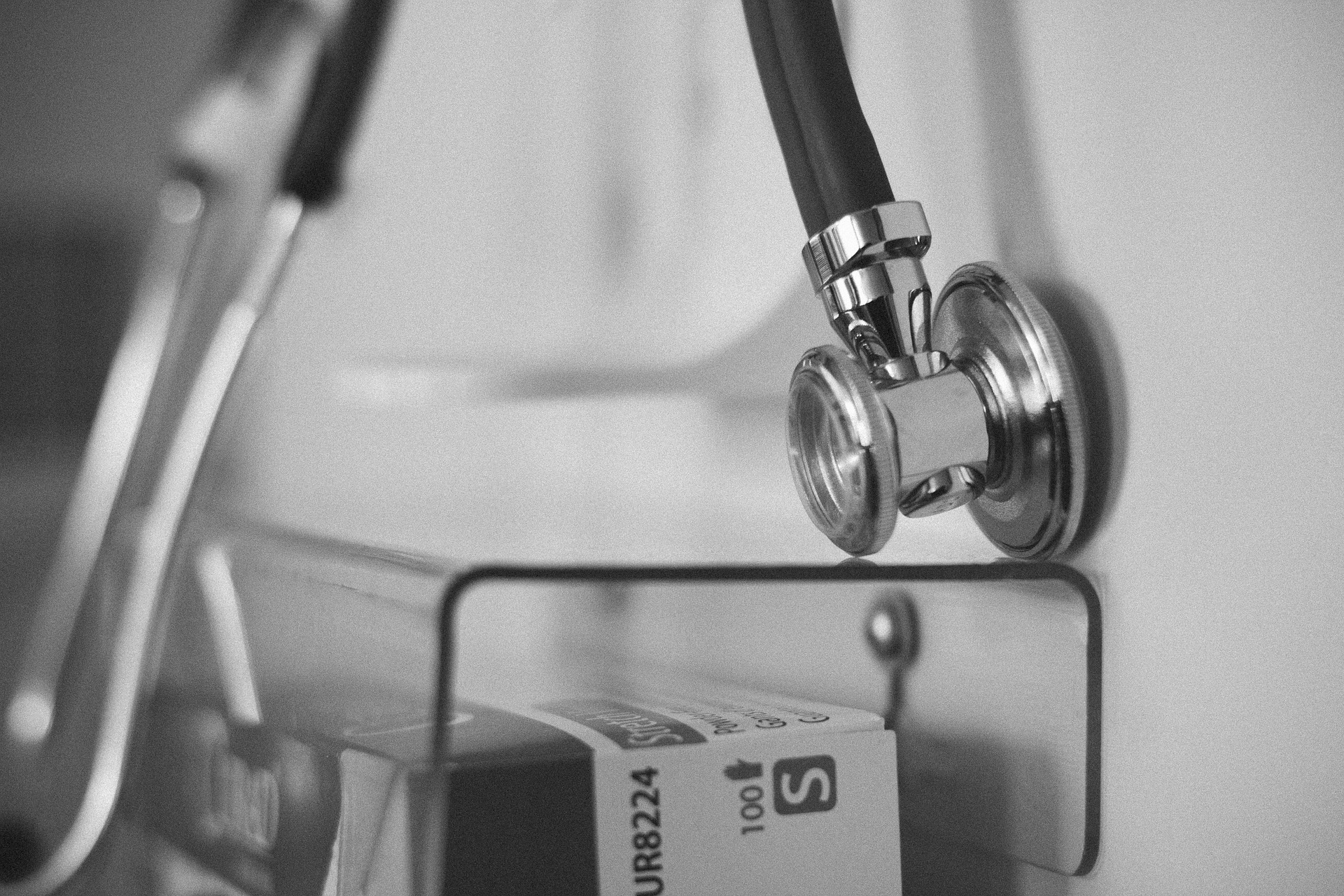
BAYER’S ESSURE DEVICE UNABLE TO SURVIVE AMID FDA ACTIONS
Essure is a permanent birth control device that has been on the market since 2002. Since it was approved in 2002, about 900,000 women have had the device implanted and, through 2017, Bayer has received over 30,000 reports of adverse events and the FDA has received around 10,000 Essure complaints.
There is now a Facebook page entitled Essure Problems and the web site, Essure Problems.
Bayer announced in July 2018, one week prior to a documentary being released regarding “medical devices and technologies gone-wrong”, the Essure device would no longer be available in the United States after December 31, 2018.
After initial approval of the device in 2002, Conceptus Inc (later acquired by Bayer) was required by the FDA to conduct two Post-Approval Studies. These were to gather five-year follow up information on the participants in the two premarket clinical trials and to evaluate bilateral placement rates for newly trained physicians.
They were to submit regular reports regarding the Essure device’s safety and to report any adverse events. The company was cited numerous times by the FDA for violation of these requirements. (Medical Devices Regulatory History, 2018).
It is important to point out the number of reported Essure problems clearly do not correlate well with the number of Essure lawsuits. A big reason for this is something called “federal preemption” that, according to Bayer, makes it immune from Essure injury claims.
But as Essure continues to be in pre-emptive status more information has been coming out about judges allowing some cases to go forward.
In August 2018 a state judge in California allowed a case involving 14 women to proceed. Earlier in 2018, a Pennsylvania federal judge also allowed some Essure claims to go forward.
FDA ACTIONS REGARDING BAYER’S ESSURE DEVICE
- 2011: physician labeling updated to substitute a warning for a contraindication related to nickel.
- 2012: patient and physician labeling updated to include results of 5-year follow-up of subjects in Phase II and pivotal trials and information on pregnancies that have occurred in the commercial setting.
- 2013: patient labeling updated to include risks of chronic pain and device migration.
- 2015: Convened a meeting of the Obstetrics and Gynecology Devices Panel of the Medical Devices Advisory Committee, on September 24, 2015, to discuss issues surrounding available scientific data pertaining to Essure’s safety and effectiveness.
- 02/2016: The FDA ordered Bayer to conduct a new clinical trial to ascertain whether there were any heightened risks of Essure for certain women, based on adverse event reports filed to the FDA.
- 10/31/2016: FDA released a document outlining requirements for a “black box” warning they said should be included with Essure’s packaging, along with a patient decision checklist for women to complete before having the procedure.
- 04/2018: Due to ongoing problems being reported regarding Essure device, the FDA took the step to restrict sales of the tubal ligation device to medical facilities and doctors who agreed to use a specific checklist that explicitly informed patients of the many possible side effects of the contraceptive.
MOST COMMON ESSURE COMPLICATIONS AND SIDE EFFECTS
- Additional surgeries
- Autoimmune disorders
- Metal allergies
- Chronic fatigue
- Hair loss
- Hysterectomy
- Rashes or itching
- Severe or chronic pain
- Unintended or unwanted pregnancy
- Weight gain
- Ectopic pregnancy
- Fetal death
- Device breakage, migration or expulsion
- Perforation of the uterus, colon or another organ
- Scar tissue
- Back pain
- Migraine headaches
- Menstruation problems
BAYER DISCONTINUES SALES OF ESSURE AFTER DECEMBER 31, 2018
In July 2018, citing the declining annual number of implantations, Bayer announced Essure will no longer be sold or distributed in the U.S. after Dec. 31, 2018.
The FDA has stated they would remain vigilant in its oversight of the device, including requiring Bayer complete the post-market surveillance study ordered by the FDA in February 2016.
WORKS CITED:
Medical Devices Regulatory History. (2018, April 9). Retrieved from US Food & Drug Administration: https://www.fda.gov/MedicalDevices/ProductsandMedicalProcedures/ImplantsandProsthetics/EssurePermanentBirthControl/ucm452270.htm
Medical Devices: FDA Activities: Essure.(2018, December 20). Retrieved from U.S. Food & Drug Administration: https://www.fda.gov/MedicalDevices/ProductsandMedicalProcedures/ImplantsandProsthetics/EssurePermanentBirthControl/ucm452254.htm#s2
Scott Gottlieb, M. (2018, December 20). Statement from FDA Commissioner Scott Gottlieb, M.D., on new steps to strengthen the long-term safety oversight of the Essure device following discontinuation of its U.S. sales.Retrieved from U.S. Food & Drug Administration: https://www.fda.gov/NewsEvents/Newsroom/PressAnnouncements/ucm628957.htmutm_campaign=122018_Statement_FDA%20provides%20update%20on%20Essure%20postmarket%20surveillance%20study&utm_medium=email&utm_source=Eloqua
Weyant, C. (2018, July 23). News: Essure Recall Issue Ahead of Netflix Documentary .Retrieved from Consumer Safety: https://www.consumersafety.org/news/essure-recall-bayer/


